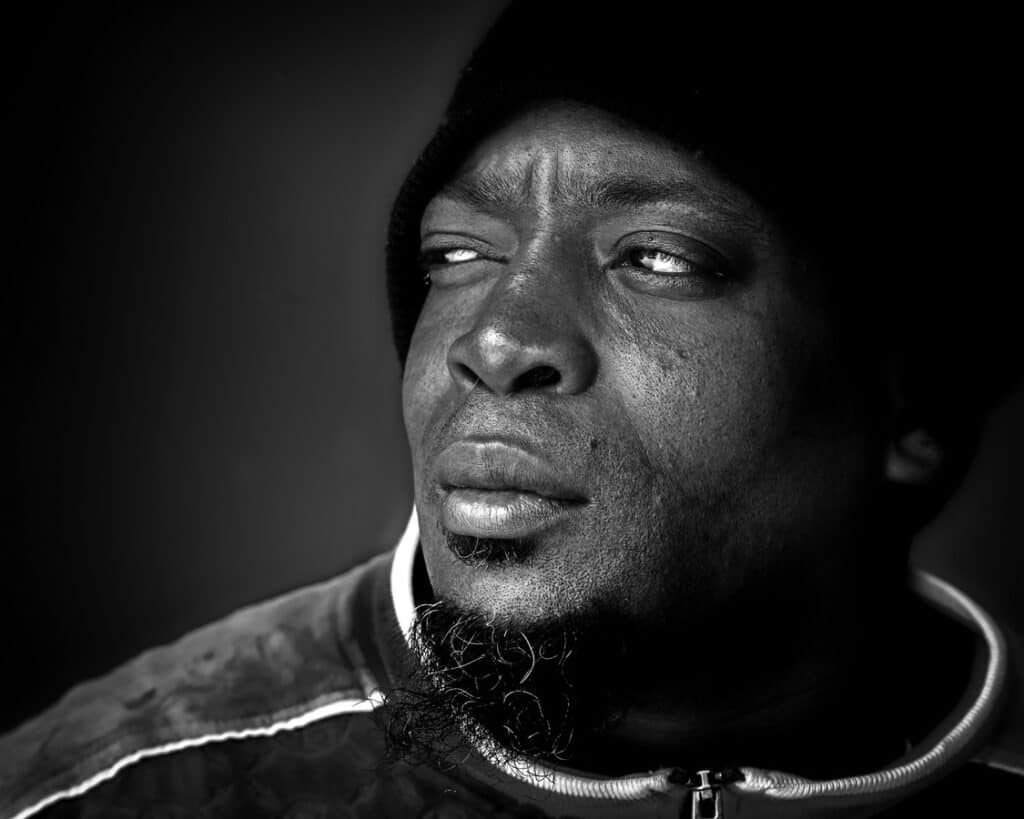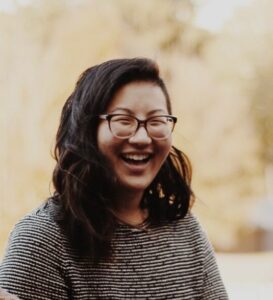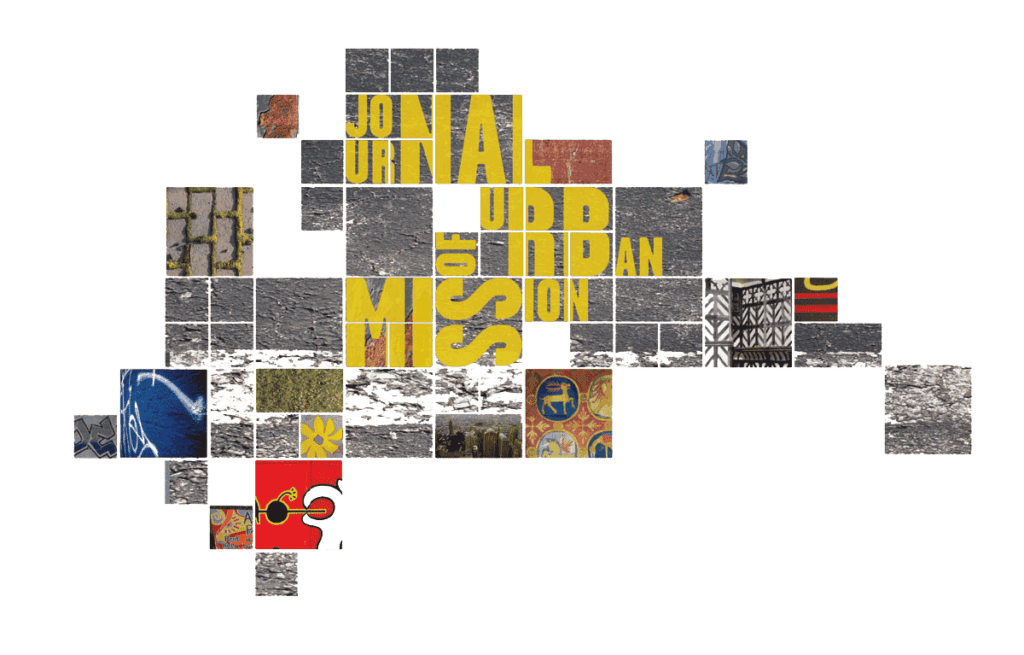Focus Group Report Given at December 1, 2021 Colloquium
Part of Educating Urban Ministers in Philadelphia After 2020 project
Background
The purpose of this focus group conversation was to understand the racial ramifications of COVID-19. There were several considerations that we, as facilitators, took to create a representational group. We thought about people’s church contexts from the racial demographics of the church to the region in which the church worships. We considered the participants’ geographic location within Philadelphia, their racial background, their relation to Christianity, and their generation such as Generation X, Millennial, and Generation Z. Overall, the participants represented all three generations, resided in different locations of Philadelphia from North, Northeast, and South Philadelphia, included an Asian American, Black Americans, and Latin Americans, and identified as male and female.
When it came to forming questions, we tried to be thoughtful about keeping the questions as open ended as possible. When we referred to the racial ramifications of COVID-19 and gave examples, we chose to use the date January 6, rather than say the “Capitol Riots” in hopes that this would create an open environment for all to share. As two Asian American facilitators, we were interested to see what came to mind when people thought about recent racial violence. Therefore, in our opening question, we made sure to include the Asian spa shooting in Atlanta. Here is our opening question: Given the upheaval of 2020 and events like George Floyd, Asian Spa shooting, and January 6, 2021 and the responses that you observed from organizations like the media, your faith community, the broader faith community, etc., how would you appraise the state of the church in the U.S., especially in relation to race?
This question encompassed much of what we hoped to discuss in the focus group. We wanted people to think both specifically and broadly about race, Christianity, and the Church. Furthermore, keeping in mind that the purpose of this study is to help Missio Seminary equip future students, we created further questions around resources that people used or needed pertaining to race and the Church during the pandemic.
In response to this first question, there was one participant who did not feel a great disruption by George Floyd’s murder because they were already doing justice work in Philadelphia and within their church. They saw police brutality on the Black community as an established pattern rather than a new phenomenon. While this was true for another participant, they mobilized their community specifically in the wake of George Floyd’s murder as a way to mourn in their community. This participant’s community organized grief counseling, town hall meetings, and connected with a network of Black churches. However, they reflected on how they did not connect to people outside their race during this time. On the other hand, for a participant who goes to a racially diverse church with a Latino pastor, George Floyd’s murder was a catalyst for Black members of the church leadership and congregation to share about their experiences both within the church and outside. This racially diverse church decided to speak boldly from the pulpit and on social media about justice. While for this church there was positive change, for another participant, there was wariness of their church’s attempts at racial reconciliation because they felt it to be superficial. Lastly, for one participant, the Atlanta shooting drew them back into the church, after a time away from Christianity, in order to witness the church’s response to Anti-Asian hate. However, they were disappointed by the lack of acknowledgement from the churches they tuned to and they even wrote an email to one pastor about their frustration.
Findings
There were three key findings as a result of this focus group conversation pertaining to diversity, decolonization, and deconstruction. In terms of diversity, one participant reflected that gathering and meeting together for the focus group as people from different backgrounds and contexts was significant in and of itself. All participants agreed with this sentiment. However, as people were introducing themselves, one person shared that they used to live in South Philly before it “became popular” while another participant said, “I currently live in the ‘popular’ South Philly.” This may seem like a small moment, but it insinuates history, loyalties, and socio-locations in one small comment. It would be easy to put each participant into binary categories such as the gentrified and gentrifier. Yet, by the second person making a cheeky comment about how they live in the “popular” South Philly, they acknowledged their socio-location and ability to take the critique. This moment also reveals that conversations in a heterogeneous space are not without tension and layers of understanding.
What does this mean for Missio Seminary? It means that in order to have a thriving seminary experience, people need the chance to experience conversations and learning environments with people who are different from them and potentially disagree with them. While this may be primarily the role of the Admissions Office in terms of recruitment, student retention is just as important. In order for students to desire to stay, especially students within the BIPOC (Black, Indigenous, People Of Color) community, they need faculty and staff support. They need financial assistance. They need faculty of color teaching them.
In addition to engaging a diverse student body, participants discussed decolonizing Christianity and the gospel as a path forward for the Church in the U.S. This came up in the conversation because of the frustration brought by the participant whose church was trying to do racial reconciliation. In trying to address racism in the Church after the murder of George Floyd, the participant lamented that the conversations and dialogues that their church hosted did not bring about significant and meaningful systemic change in their community or church. For them, they desired more theologians of color to decenter White western evangelical theology while also asking White Christians to give up their privilege and power in both tangible and symbolic ways. Another participant desired the church to embrace uncertainty and incongruity as a way to decolonize Christianity. They believed that this would lead to more open dialogues instead of forcing a specific “right” answer to existential, theological, biblical and ethical questions. For Missio Seminary to tackle decolonizing Christianity and the gospel, the seminary would have to do an assessment of their curriculum and faculty.
Lastly, because we recruited someone who was deconstructing and perhaps identified as non-Christian at this point, deconstruction became an undercurrent and theme throughout the whole focus group conversation. On one hand, this may have skewed the conversation away from a specific kind of Christian dialogue; however, upon reflection, this participant reflects a greater community of people who are looking for unlearning and new understanding. What does it look like for seminaries to engage in deconstructing or ex-Christians? Even that this person was willing to engage in dialogue with Christians for a seminary research project shows that people in this broader category may be eager and looking for places to continue to learn and deconstruct. Perhaps decolonization and deconstruction are interrelated because the same participants who lamented about their disappointment at the church when it came to standing for systemic justice were the ones who desired to see Christianity from the margins and hear BIPOC voices.
While these are the three main findings from the focus group conversation, there were also limitations in this conversation that we must address. Because there were a few participants that were late or last minute, the conversation was barely an hour long. The hour-long dialogue seemed like a warmup for a more substantial conversation, which was unfortunate. In addition, there were missing voices from the focus group such as a White voice, voice from the Queer community, and someone from West Philadelphia to name a few. Again, the tone of deconstruction shaped the conversation significantly, which may have happened regardless of whether the non-Christian person was part of the focus group. Lastly, not every participant engaged at the same level. Because it was a Zoom conversation, people were balancing their lives outside of the call during the focus group. It was hard to have everyone present at the same time and keep track of the conversation. There were also times that the conversation was more academic and abstract and perhaps not every participant felt welcome or had access to engage.
Overall, the focus group conversation itself was a helpful reminder to connect more broadly with people from different racial backgrounds. One participant reflected that the importance in doing this work is not perfection, which is impossible, but to try and show up for justice. Yet another person said that Jesus is an example of listening and responding to the marginalized. The question that lingers from one participant is, “How do we use our faith to cross racial lines in order to do justice work effectively and connectedly in the city?”


